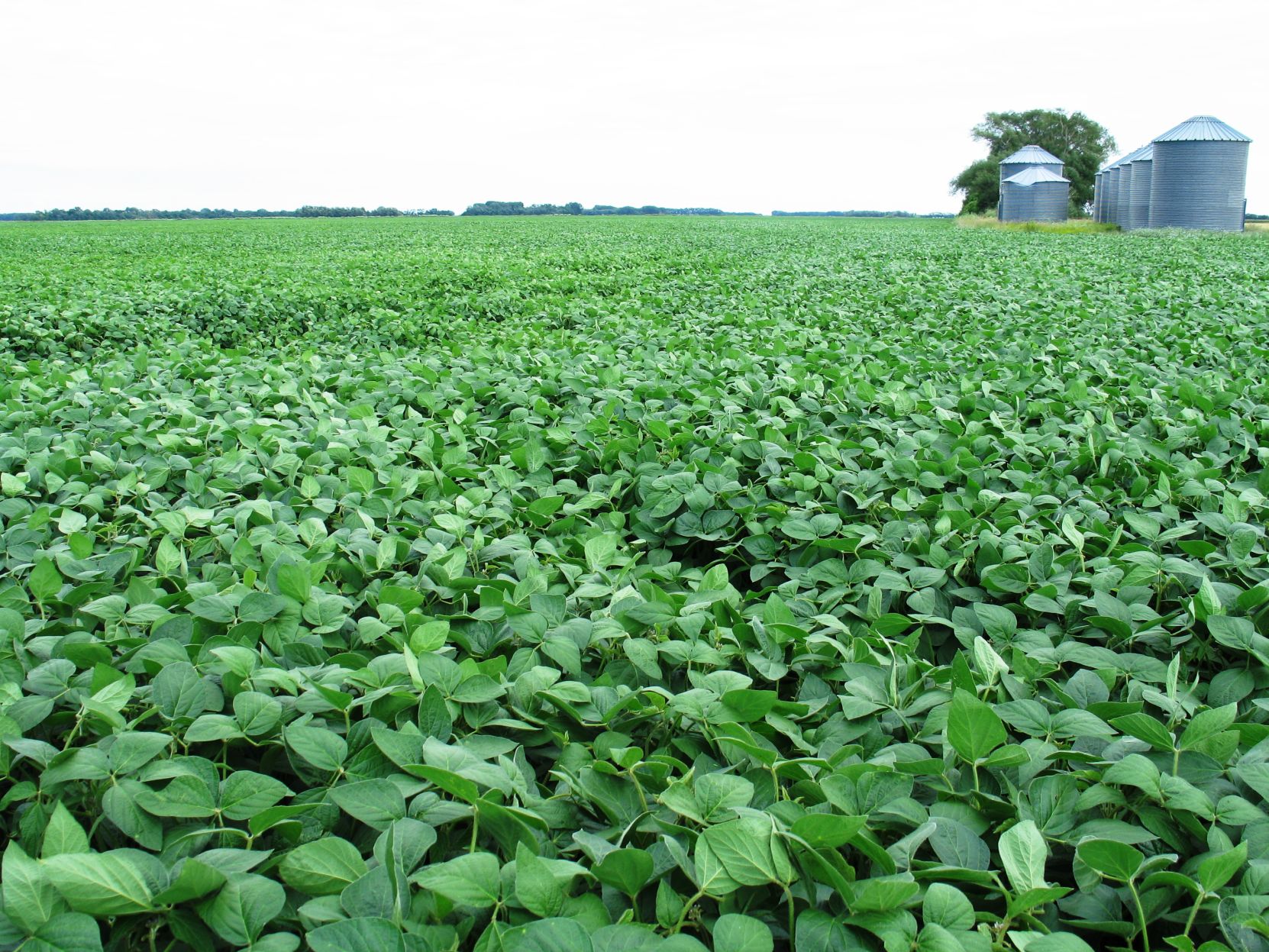On June 24, Bayer announced a comprehensive legal settlement that it hoped would put most of its liabilities behind it. Settlement negotiations had dragged on for two years, but the onset of the coronavirus and the uncertainty of when jury trials would resume created incentive for the two sides to come together.
The settlement seeks to resolve liability issues related to two of Bayer’s most important products in North America, products developed by Monsanto before Bayer bought it in 2018: Roundup and dicamba. The settlement also seeks to resolve legacy issues from contamination caused by polychloride biphenyls or PCBs, which Monsanto stopped making in the 1970s but which linger in groundwater. “The decision to settle the Roundup litigation is the right action at the right time for Bayer to bring a long period of uncertainty to an end—caused by the three Roundup verdicts to date,” the company said in its announcement, referring to three cases it has lost since Bayer bought Monsanto.
The settlement must be approved by federal judge Vince Chhabria, who has been supervising negotiations between Bayer and plaintiffs. The settlement sets aside $10.9 billion for Roundup plaintiffs, $820 million for the PCB cleanup, and about $400 million related to damage claims from dicamba.
The deal would cover about 95,000 of the approximately 125,000 lawsuits involving Roundup that Bayer faces alleging links between Roundup and non-Hodgkins lymphoma and other cancers. Bayer admits no wrongdoing and continues to insist on the safety of glyphosate, a position backed by the Environmental Protection Agency. The EPA ordered in early 2019 that glypohosate formulations could no longer carry a cancer warning. That decision was cited in a later judge’s ruling against California, which wanted to force companies to include such a warning in products sold in that state.
The deal would set up a class action mechanism that Bayer hopes will resolve future lawsuits by turning over the question of whether or not glyphosate causes cancer to a scientific panel, while theoretically allowing future litigants to press claims. This part of the plan shows Bayer’s confidence in the scientific vindication of glyphosate. The study will be funded by part of the $10.9 billion set-aside, with the remainder going to care for cancer claimants with no admission of wrongdoing.
It’s this part of the plan that Judge Chhabria said he is “tentatively inclined” to reject in a July 6 filing, according to Bloomberg News. The judge has set a hearing on that part of the plan for July 24. Its rejection wouldn’t necessarily threaten other parts of the plan, according to legal experts.
Scientific vindication
Bayer continues to defend glyphosate and to insist that it does not cause cancer, pointing out that dozens of regulators around the world have given it a clean bill of health. The lawsuits mushroomed because one health agency, the International Agency for Research on Cancer, or IARC, issued a report in 2015 labeling glyphosate a “probable carcinogen.” That report’s methods were publicly questioned in a series of stories by Reuters.
There are hundreds of different formulations that include glyphosate, and they are not all commensurate with each other. A 2018 paper published in Frontiers in Environmental Science indicated that it is the surfactant in some glyphosate formulations, a compound called polyethoxylated tallowamine or POEA, that raises some issues, not the glyphosate itself. This coformulation with POEA has not been studied, as was called for in a 2015 paper by the European Food Safety Authority.
Bayer is betting a lot on the scientific vindication of glyphosate. “Glyphosate-based herbicides are among the most rigorously studied products of their kind, and four decades of science support their safety and that they are not carcinogenic. We continue to fully stand behind the safety and utility of our Roundup products, and we are joined in our view by leading regulators across the globe,” according to the settlement statement.
Bayer is certainly proceeding as if Roundup will be around for the foreseeable future. It recently petitioned the U.S. Department of Agriculture for approval for a new corn seed with engineered traits to five pesticides: glyphosate, 2,4-D, dicamba, glufosinate and quizalofop. The idea is not to use all of these at once, but to give farmers more options and to keep the weeds’ adaptive mechanisms off-balance by switching up weed killers. Critics note that since pesticide-resistant seeds began to be paired with specific weed killers in the mid 1990s, 145 species of weeds have developed resistance. They call it the “pesticide treadmill.”
But after a certain point in the perception battle, how much will scientific vindication matter? Mexico’s Secretariat of Environment and Natural Resources, its equivalent of the EPA, announced in late June that glyphosate-based herbicides will be phased out of use in the country by 2024. The move was not completely unexpected; last fall, the country had barred the importation of 1,000 tons of glypohosate from the U.S.
At this writing, it’s not clear what, if any, implications this policy will have for crops that Mexico imports from the U.S. Mexico is the second-largest export market for U.S. agricultural products.
David Murray can be reached at [email protected].

